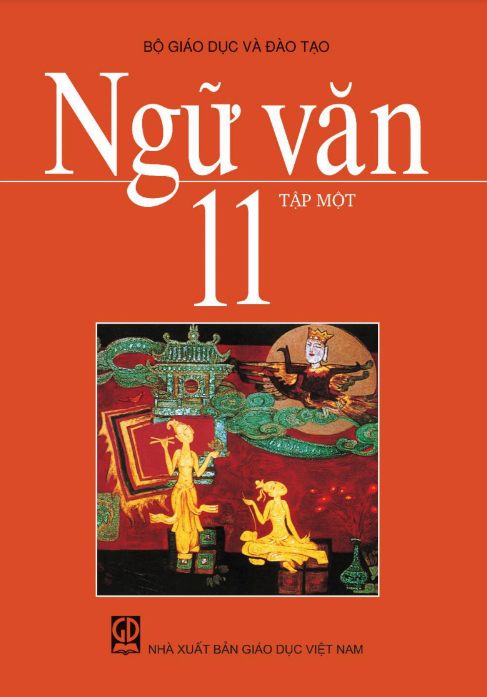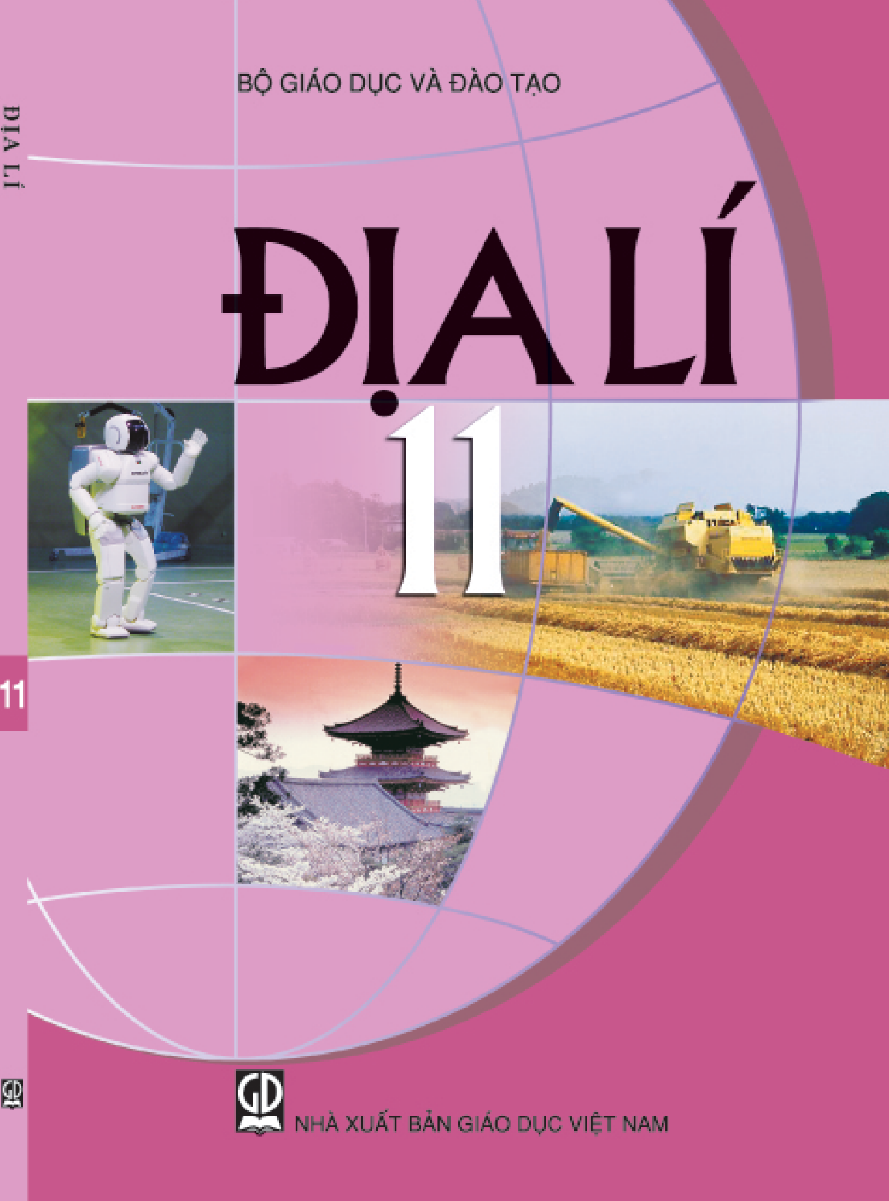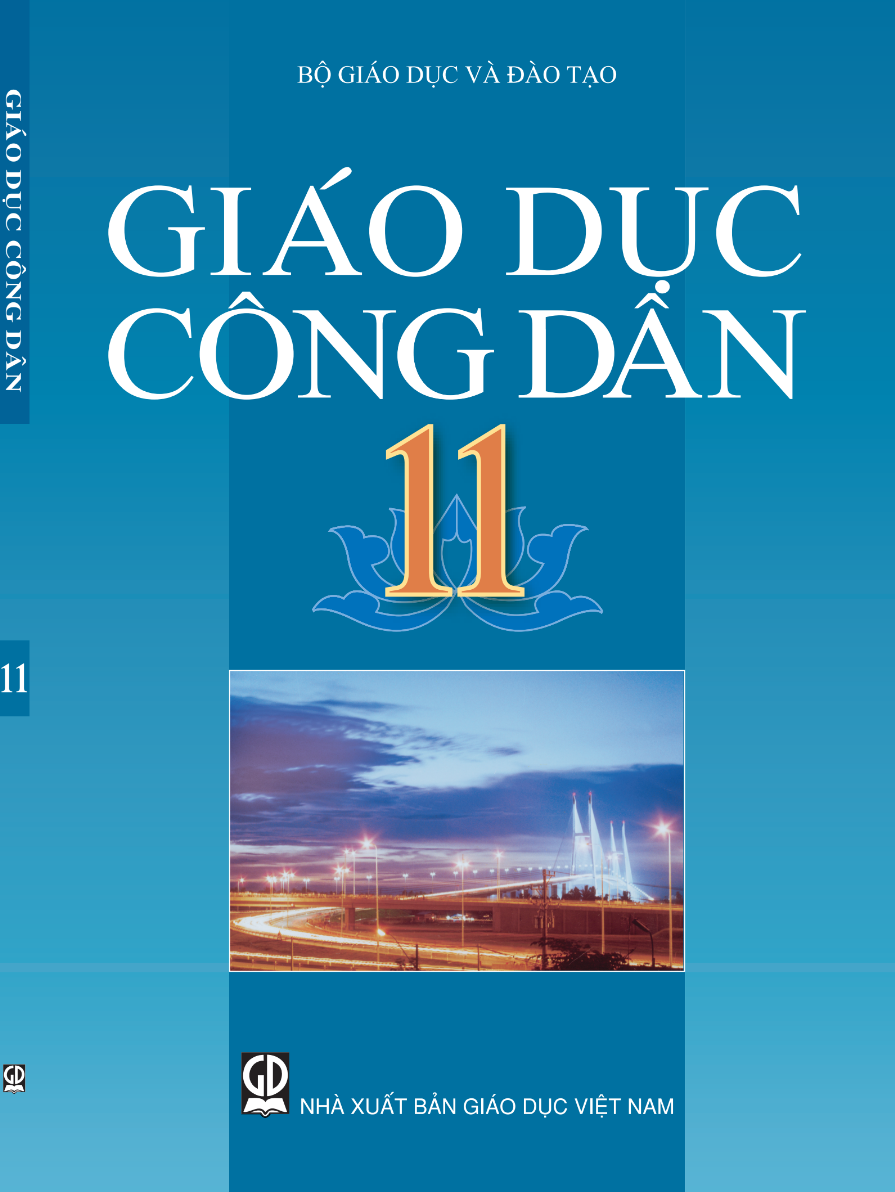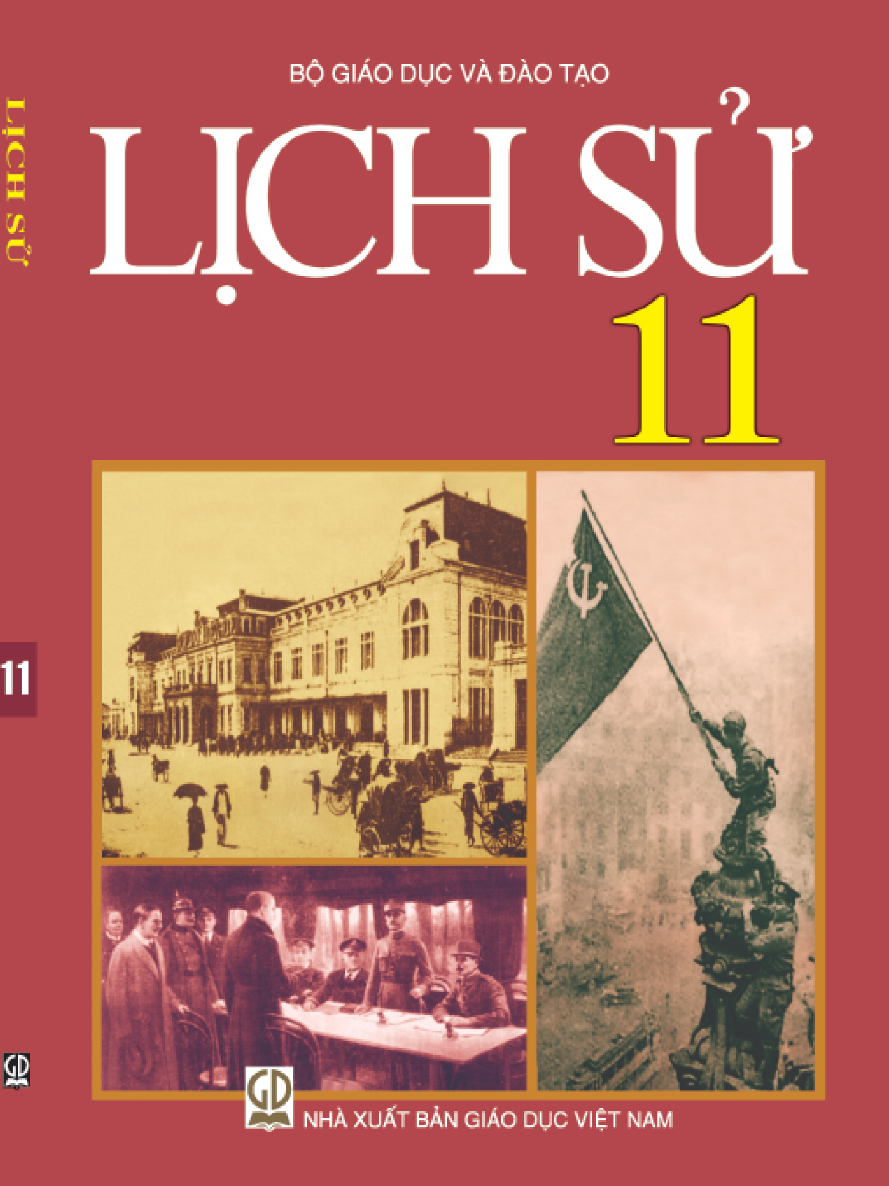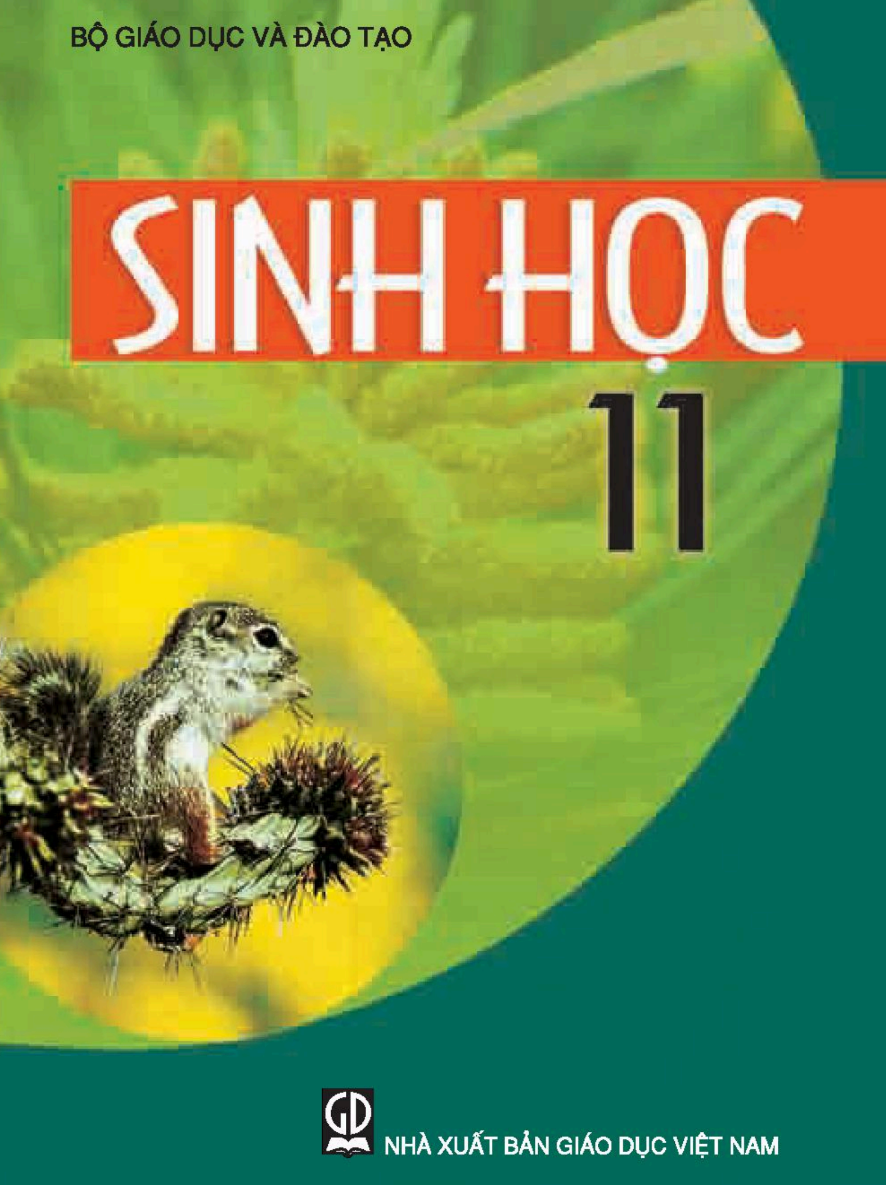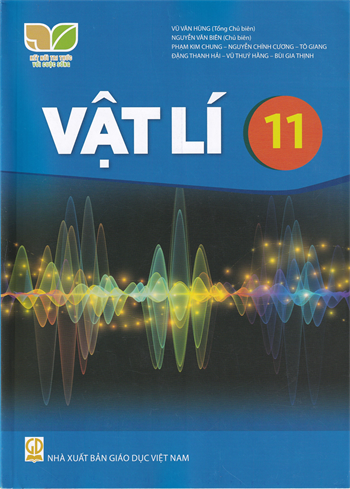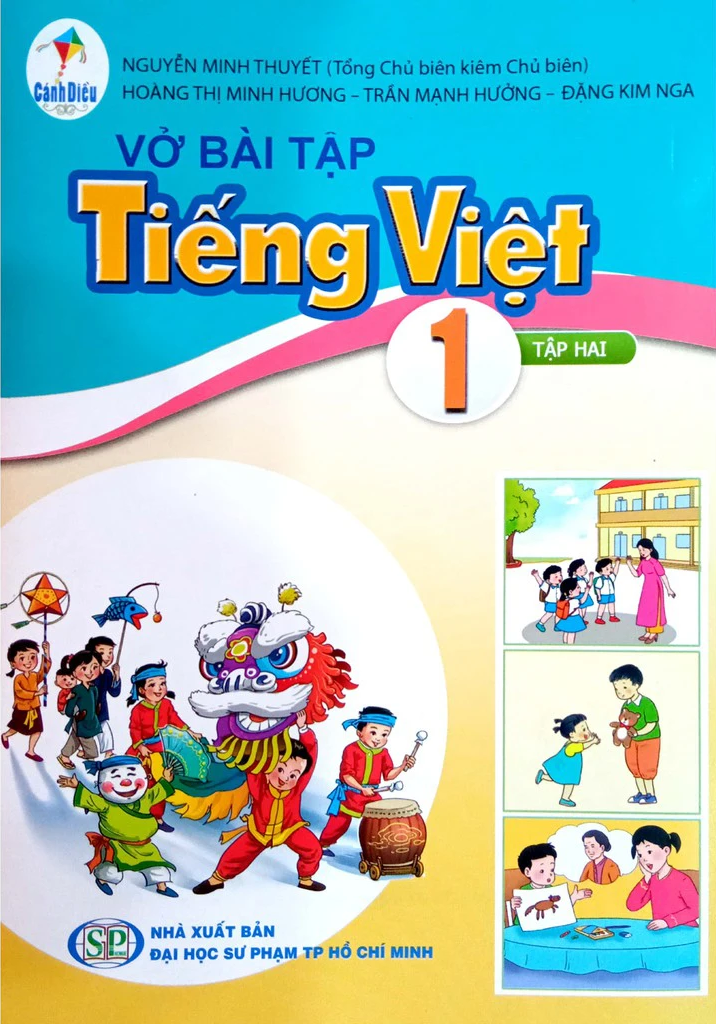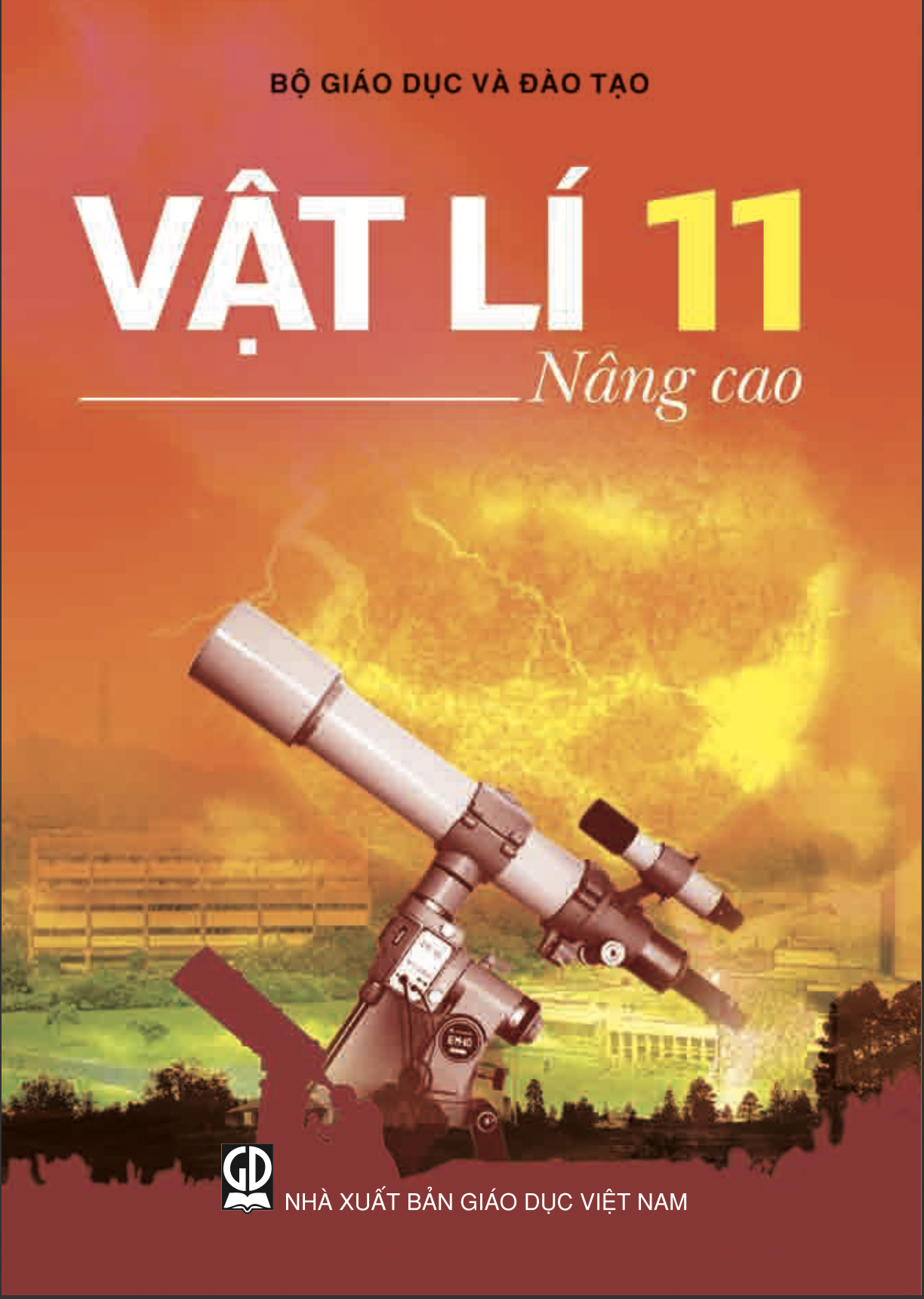(page 17)
I can use three-part phrasal verbs.
1 Read the article about a film. Explain in your own words what is unusual about the main character.
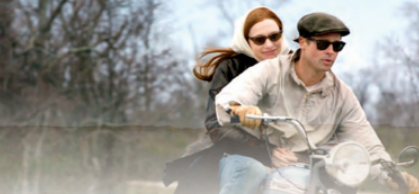
I USED TO BE older...
The Curious Case of Benjamin Button certainly lives up to its title. It is a very unusual film about a man who lives his life backwards: he is born as an old man and dies as a baby.
The story begins in 1918 when a woman gives birth to a baby with the appearance of an elderly man. The mother dies and the father abandons the baby, who is called Benjamin. Two workers at a nursing home, Queenie and Tizzy, decide to look after Benjamin, who fits in with the elderly residents at the home because he looks so old. But as the years pass, Benjamin becomes physically younger.
At the age of twelve, he meets a young girl called Daisy and gets on with her very well despite having the appearance of an old man, but later they lose touch when Benjamin starts working a job on a boat.
Years later, he catches up with Daisy again in Paris. In their forties, they finally look the same age for the first time - and fall in love. They almost marry and settle down together, but they never go through with it. One reason is that Daisy could never put up with Benjamin's strange condition.
In the end, they run out of time: Daisy is becoming an old woman and Benjamin is becoming a child. He finally dies in Daisy's arms as a baby.
2 Match the highlighted phrasal verbs in the article with their definitions below.
1 to have a (good / bad) relationship with
2 to complete something
3 to match or equal
4 to use all of your supply of something
5 to succeed in finding or reaching somebody
6 to look and act like part of a group
7 to tolerate or be patient about something
3 Circle the correct words to complete the Learn this! box. Use the examples in the article to help you.
LEARN THIS!
a A three-part phrasal verb has 1one / two verb(s) and 2one/two particle(s).
b Three-part phrasal verbs are 3transitive / intransitive (they have a direct object).
c The object always goes 4after / before/between the two particles.
d In questions, the three parts of the phrasal verb usually stay together.
What kind of course did you sign up for?
Dictionary tip
Some three-part phrasal verbs have a different meaning from similar two-part verbs. When you look up a phrasal verb in a dictionary, find the correct part of the entry.
4 DICTIONARY WORK Read the Dictionary tip. Then find these phrasal verbs in a dictionary and check the difference in meaning between the two- and three-part phrasal verbs.
look up / look up to get away/get away with make up / make up for go back/go back on
5 Complete the sentences with two- or three-part phrasal verbs from exercise 4.
1 We sent her a present to___________ the disappointment of missing the music festival.
2 We___________ his story was true. his name on the internet to check
3 You said you would take us on holiday this summer-you can't___________ your promise!
4 Did you___________ that story or is it true?
► Vocabulary Builder Phrasal verbs: page 108
6 Use three-part phrasal verbs from exercises 2 or 4 to replace the underlined words. Ask and answer these questions with your partner.
1 Which famous people do you admire?
2 What kind of behaviour is the most difficult to tolerate?
3 What kind of people do you find it easiest to be friendly with?
